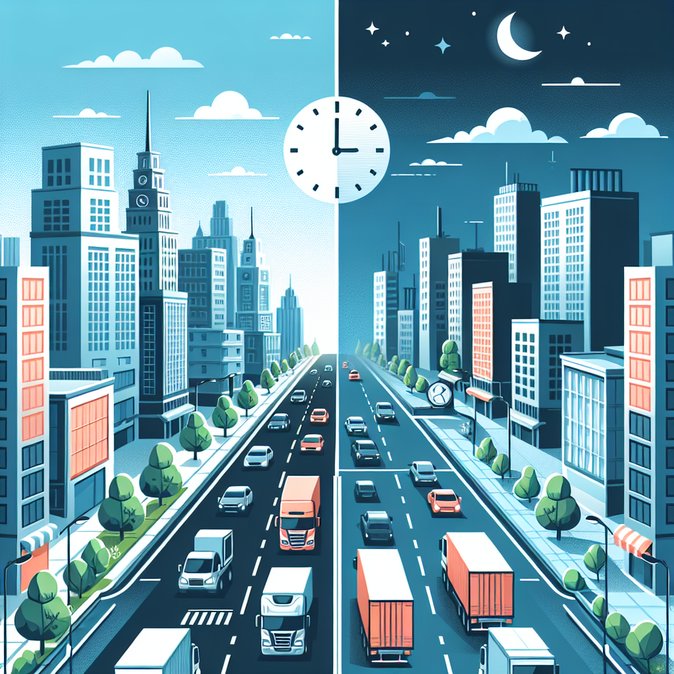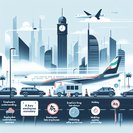
Abu Dhabi’s Integrated Transport Centre (ITC) has issued new restrictions that bar heavy vehicles—including freight trucks, fuel tankers and construction equipment—from entering key urban arteries during morning and late-afternoon peaks starting 1 December 2025. Announced on 22 November, the policy aims to cut congestion, reduce accidents and protect road infrastructure as holiday traffic climbs.
The ban applies to Abu Dhabi Island and major bridges such as Al Maqta and Mussafah. Trucks will be prohibited between 06:30–09:00 and 15:00–19:00 Monday to Thursday, with slightly adjusted Friday hours to accommodate midday prayers. Operators must register fleets on the “Asateel” digital-tracking platform and secure time-bound permits; violators face fines and possible vehicle impoundment.
![Abu Dhabi to enforce peak-hour truck ban from 1 December, reshaping last-mile logistics]()
Supply-chain analysts predict the rule will push more freight movements into overnight windows, increasing demand for warehouse labour and raising cold-chain power costs. Retailers stocking for National Day promotions and Christmas sales are being advised to advance inbound shipments or re-route via Khalifa Port’s free-zone distribution centres.
For multinational employers managing project sites in the capital, the chief concern is worker shuttle buses that seat more than 50 passengers. While not automatically exempt, they may apply for event-specific passes if departure times overlap the restricted window. Construction firms have already begun revising concrete-pour schedules to avoid penalties and quality issues linked to longer transit times.
The ITC says it will review traffic-flow data after the first 60 days and could adjust restrictions ahead of planned road‐works on Sheikh Zayed Bridge next spring. Until then, global mobility teams should build the new time bands into airport pickups and container-delivery SLAs to keep relocations and office fit-outs on track.
The ban applies to Abu Dhabi Island and major bridges such as Al Maqta and Mussafah. Trucks will be prohibited between 06:30–09:00 and 15:00–19:00 Monday to Thursday, with slightly adjusted Friday hours to accommodate midday prayers. Operators must register fleets on the “Asateel” digital-tracking platform and secure time-bound permits; violators face fines and possible vehicle impoundment.

Supply-chain analysts predict the rule will push more freight movements into overnight windows, increasing demand for warehouse labour and raising cold-chain power costs. Retailers stocking for National Day promotions and Christmas sales are being advised to advance inbound shipments or re-route via Khalifa Port’s free-zone distribution centres.
For multinational employers managing project sites in the capital, the chief concern is worker shuttle buses that seat more than 50 passengers. While not automatically exempt, they may apply for event-specific passes if departure times overlap the restricted window. Construction firms have already begun revising concrete-pour schedules to avoid penalties and quality issues linked to longer transit times.
The ITC says it will review traffic-flow data after the first 60 days and could adjust restrictions ahead of planned road‐works on Sheikh Zayed Bridge next spring. Until then, global mobility teams should build the new time bands into airport pickups and container-delivery SLAs to keep relocations and office fit-outs on track.





